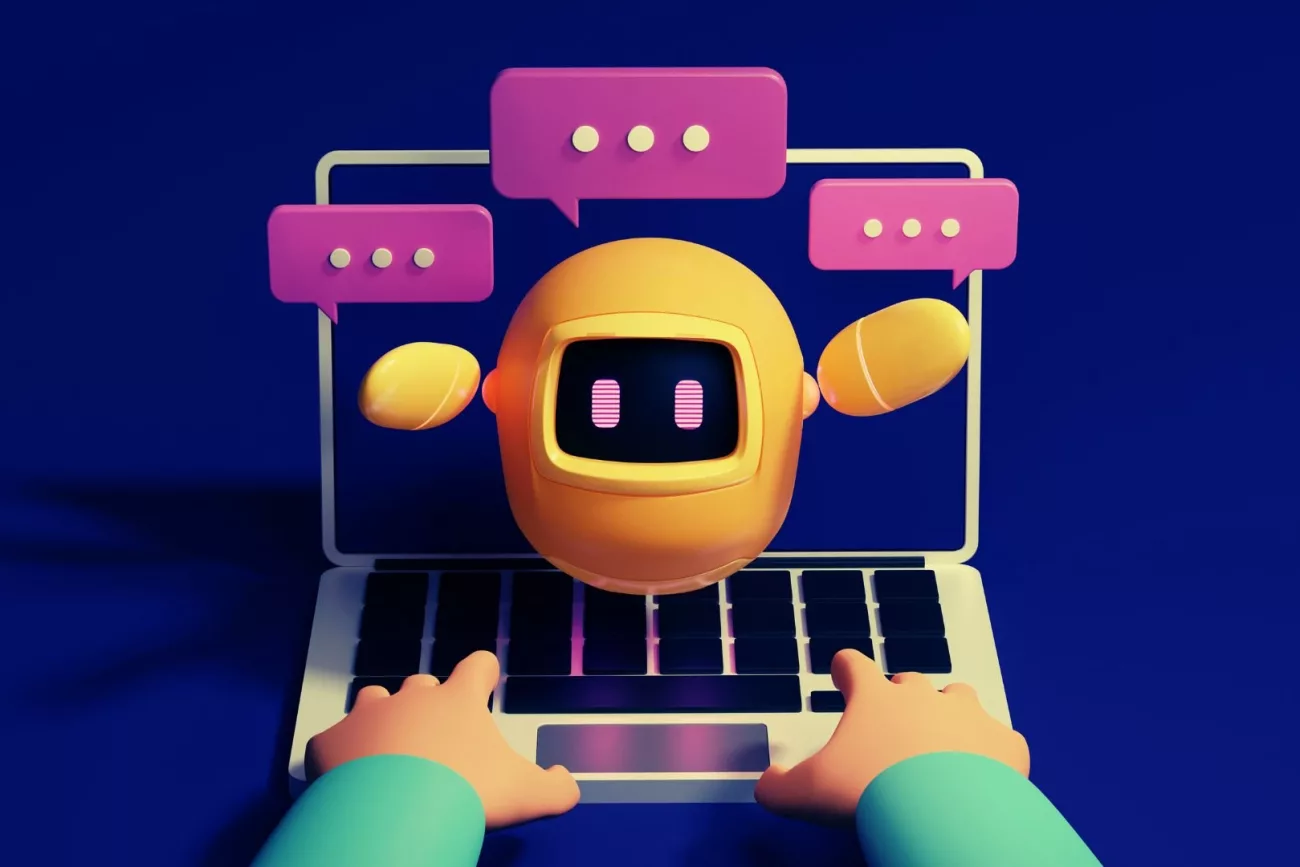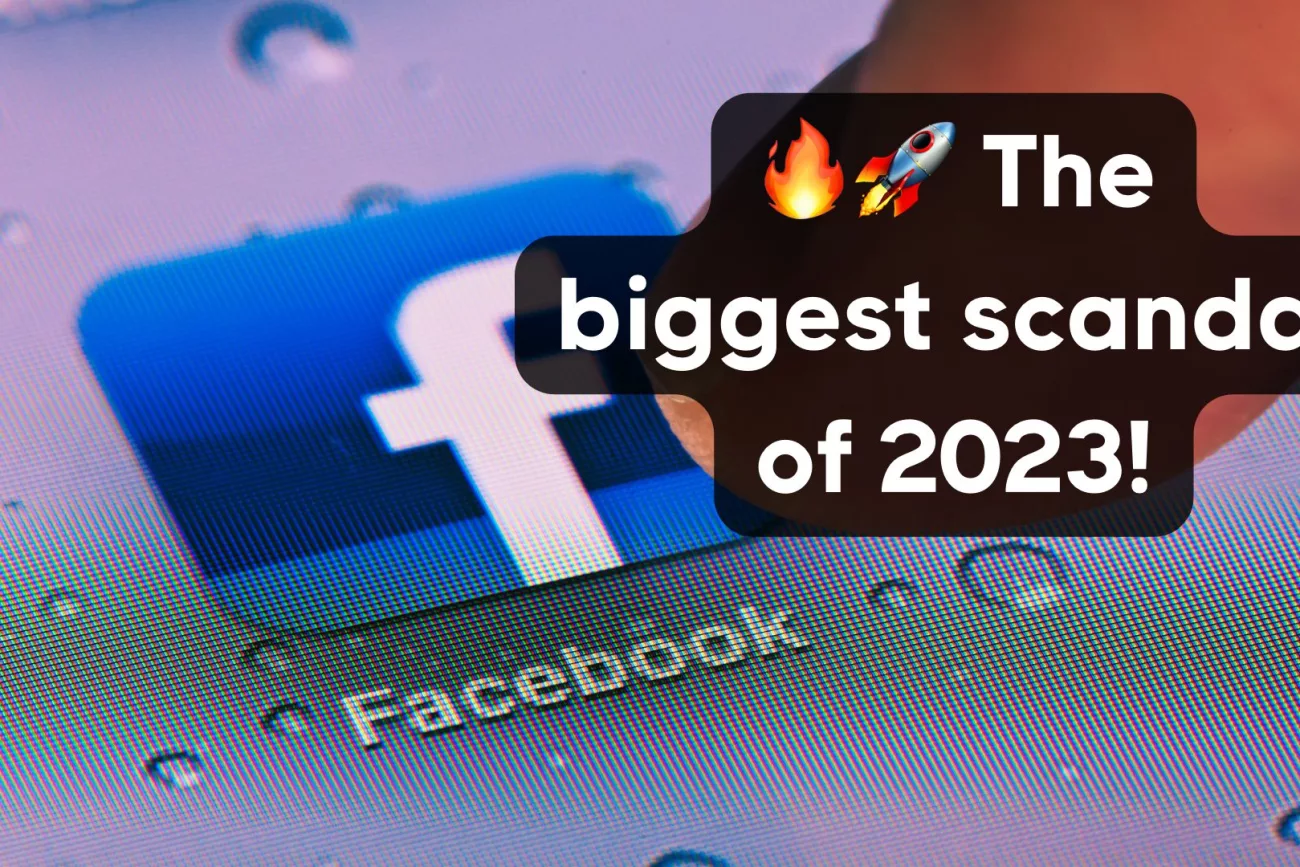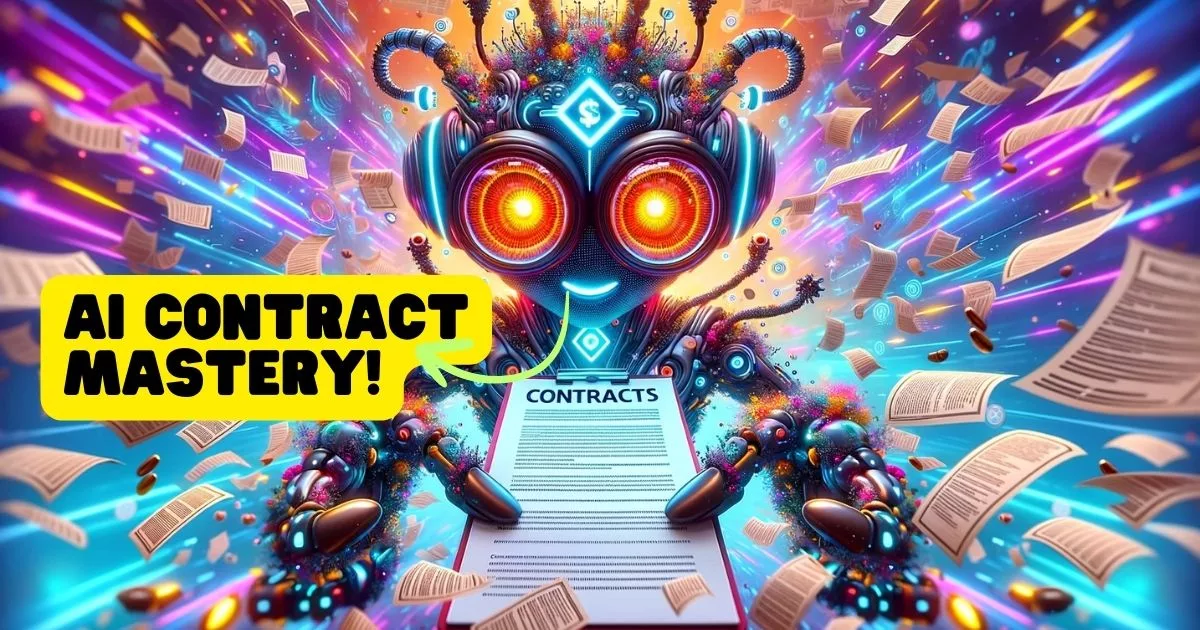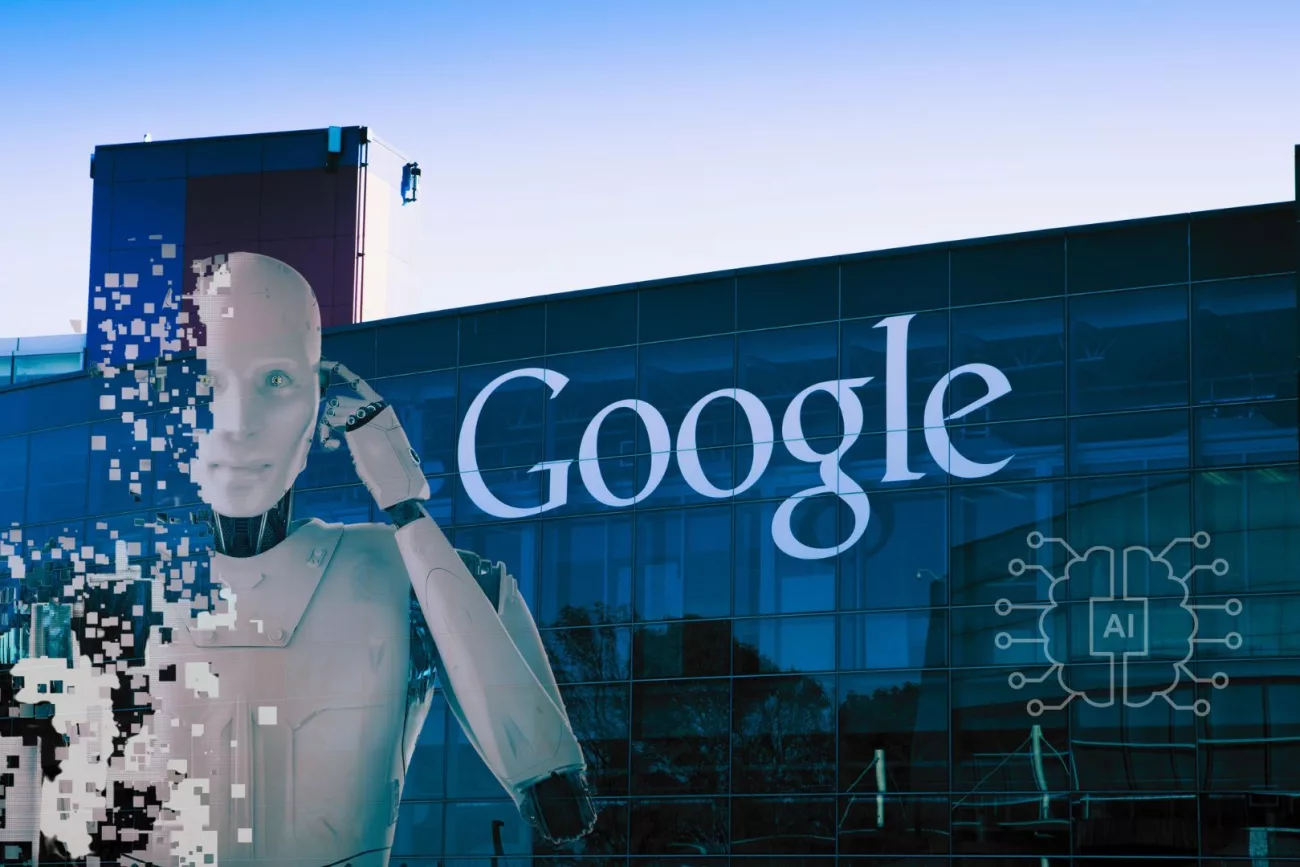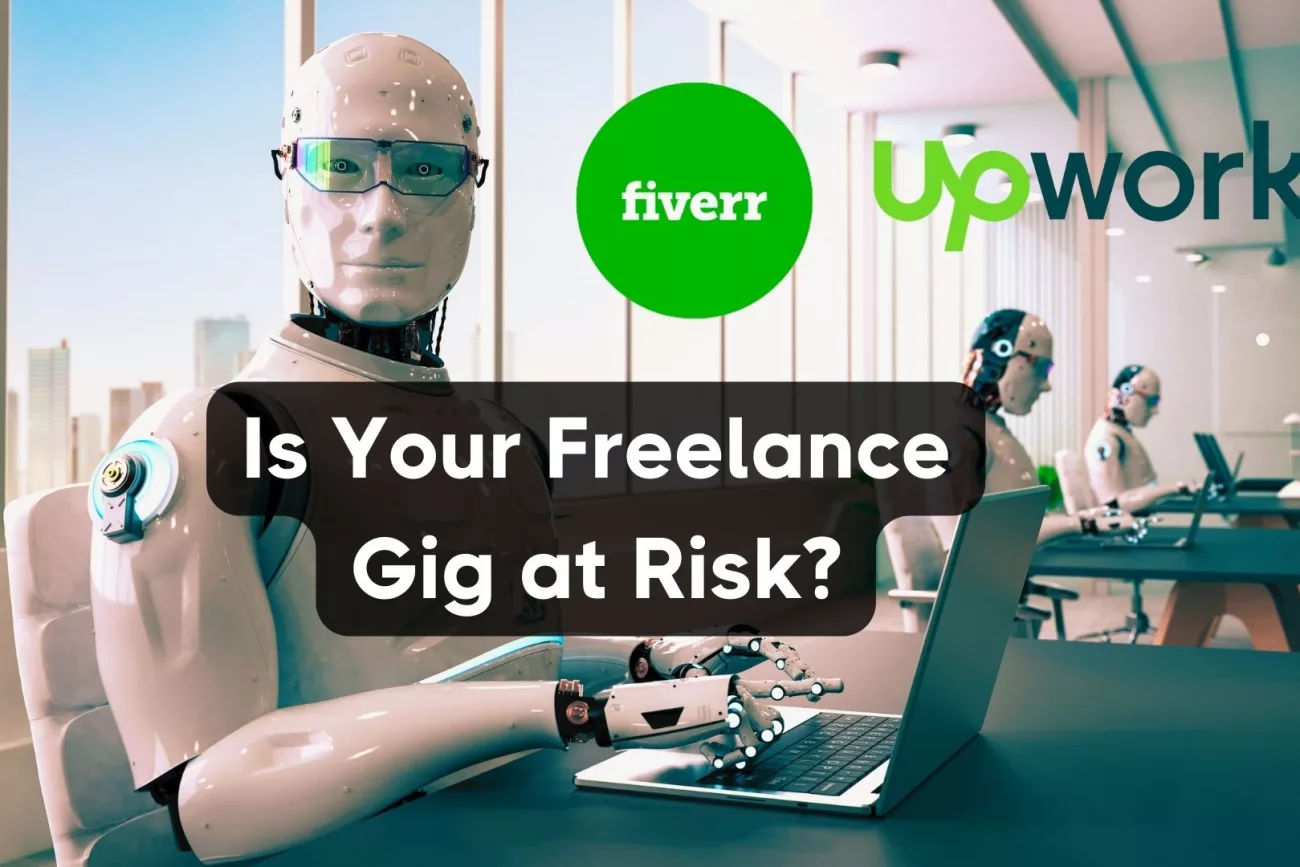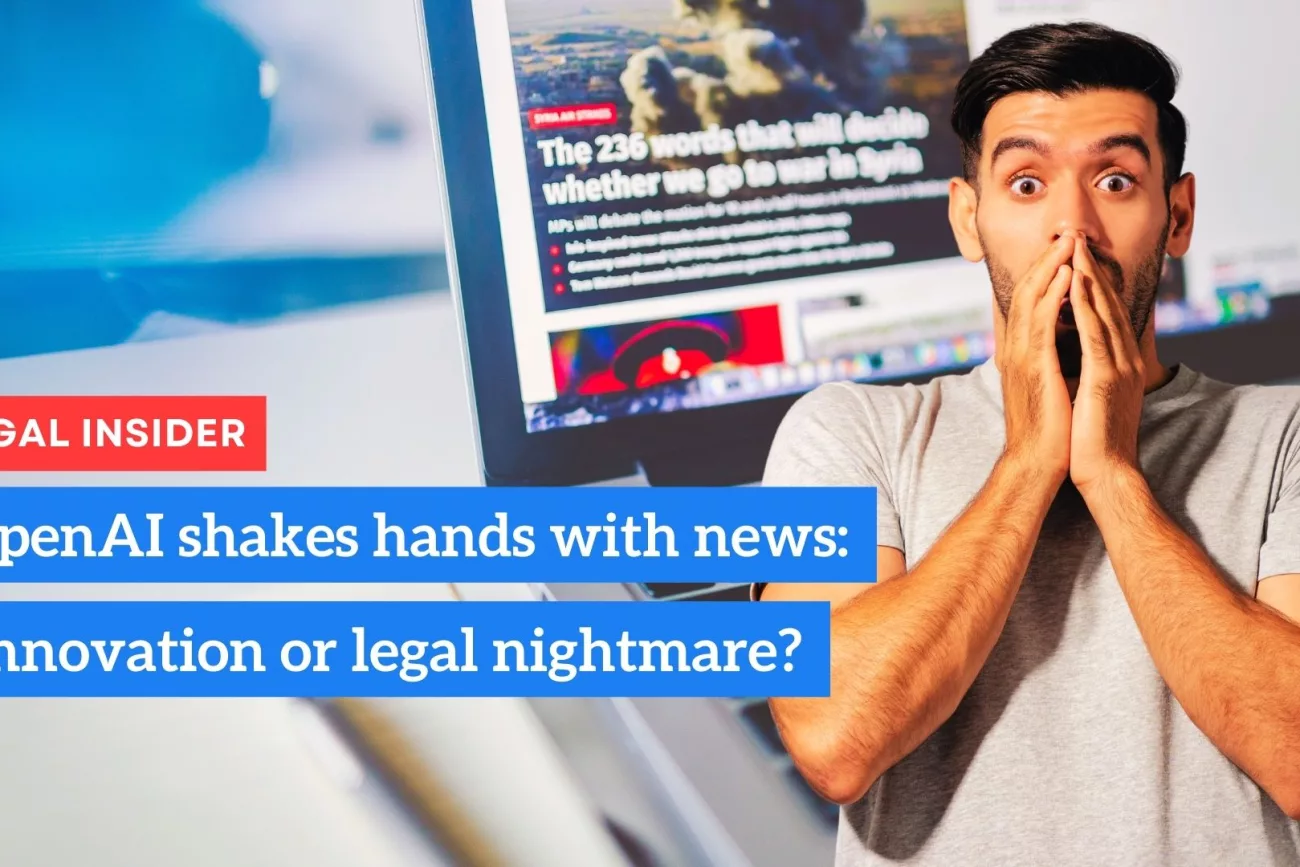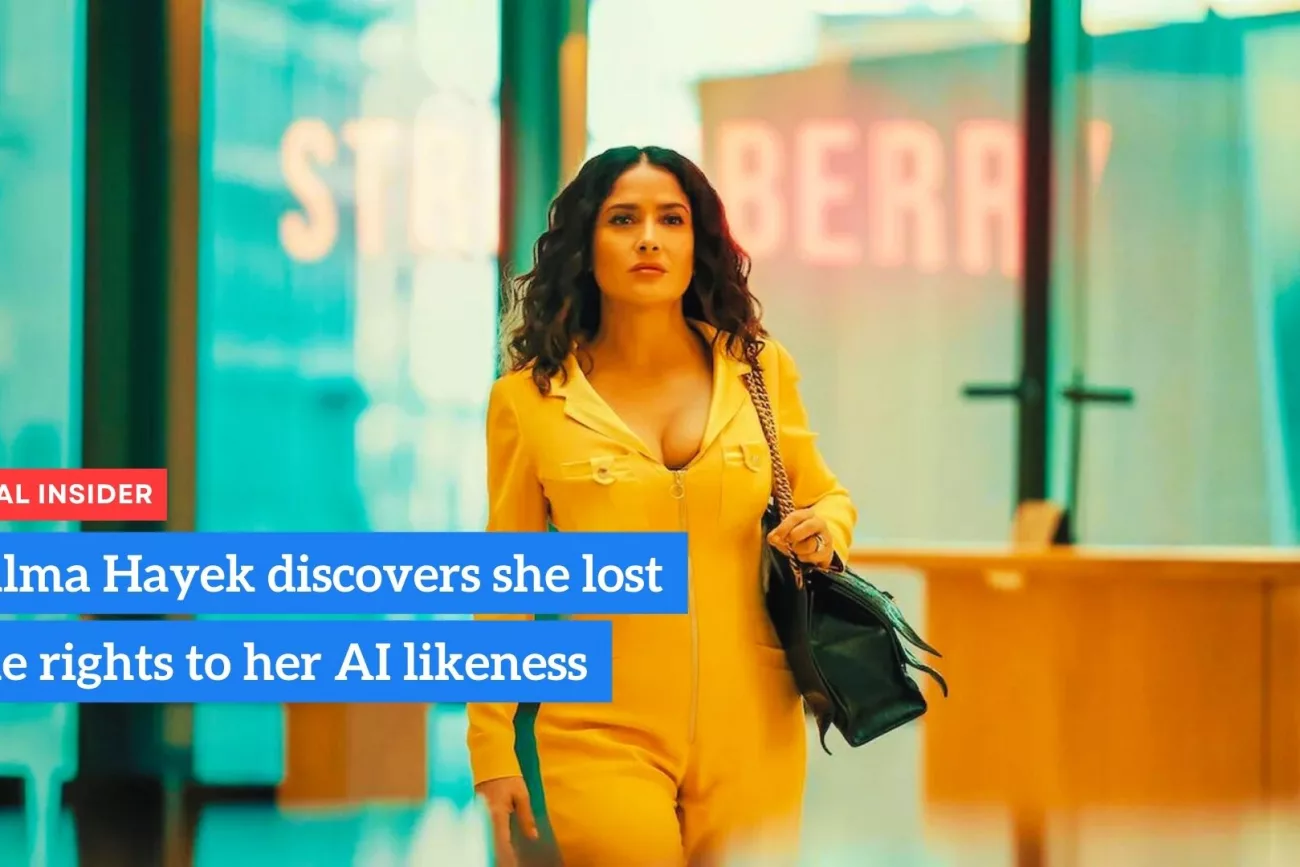
Key Points:
- Hollywood actors are striking due to concerns over AI’s influence, illustrating the urgent need for legal protections.
- Unions like SAG-AFTRA and WGGB are worried about job security, copyright infringements, and compensation with the rise of AI.
- The entertainment industry is divided on AI’s role, with some believing it only serves corporations at the expense of creatives.
- The rapid development of AI has complicated ownership issues, leading to calls for copyright law reforms and stricter regulations.
Hollywood Shudders: AI Versus Creatives – A Legal Quagmire Unfolding 🎥🤖⚖️
The corridors of Hollywood are humming with a fresh controversy, one that seems as though it was pulled straight from the eerie plotline of Charlie Brooker’s visionary show, Black Mirror. The world of artificial intelligence (AI) is hurtling towards Tinseltown, inciting polarizing discussions, and fostering an atmosphere of apprehension among the artist guilds. This powerful AI storm has the potential to shake the very foundations of the entertainment industry, igniting 🔥 legal debates as it challenges longstanding principles around intellectual property, compensation, and consent.
Actors versus AI: The Showdown Begins 💪🤖🎭
For the first time in 43 years, actors in Hollywood are putting down their scripts and stepping off the set in an unprecedented strike action. The central issue? Fears about the seismic shockwaves that the advent of AI could send through the American film and television landscape.
The Screen Actors Guild (SAG-AFTRA), the largest actors’ union in the US, fell short in its endeavor to reach an agreement for improved protections against AI for its members. The group has issued a stark warning that “AI poses an existential threat to creative professions.” The stage is set for a titanic standoff as they prepare to dig in their heels on this issue.
Duncan Crabtree-Ireland, SAG-AFTRA’s chief negotiator, lashed out at producers for their current AI proposals. He revealed that studios are pushing for the right to scan the faces of background artists in exchange for a day’s wage. These scans, once obtained, could then be owned, and used “for the rest of eternity, in any project they want, with no consent and no compensation.”
The Black Mirror Echo – Fact Mirroring Fiction? 📺💀
If this unsettling situation strikes a chord with the plotline of a Black Mirror episode, it’s because it eerily does. The recent series six episode, “Joan Is Awful”, has added fuel to the fire, where Hollywood sensation Salma Hayek grapples with the jarring realization that a production company can use her AI likeness without her knowledge.
However, SAG-AFTRA isn’t the only group raising an eyebrow at the prospect of “performance cloning.”
An Industry-Wide Unease 😟🎙️🎮
Equity, the UK acting union, and its representative Liam Budd, paint a picture of how the implications of AI in the entertainment industry are more widespread than just film. “We’re seeing this technology used in a range of things like automated audiobooks, synthesized voiceover work, digital avatars for corporate videos, or also the role of deepfakes in films,” Budd explained. He shared the palpable “fear circulating” among Equity members, with the union working tirelessly to educate them about their rights in this rapidly evolving landscape.
A Question of Necessity or Greed? 🤷♂️💸🤖
The question that hangs in the air, however, is one of necessity. Film-maker and writer Justine Bateman argued to the BBC’s Tech Life earlier this year that the entertainment industry doesn’t need AI at all. “Tech should solve a problem and there’s no problem that those using AI solves. We don’t have a lack of writers, we don’t have a lack of actors, we don’t have a lack of filmmakers – so we don’t need AI,” she asserted.
Bateman posited that AI’s appeal rests not with the creatives, but with the corporations seeking to boost profit margins by slashing overheads and pacifying Wall Street with impressive earnings reports. She fears that if AI use proliferates, “it will crater the entire structure of this business.”
Writers in the Crosshairs of AI? 🎯🖋️🤖
This battle isn’t limited to actors alone. The Writers’ Guild of Great Britain (WGGB) has expressed several concerns:
AI developers are using writers’ work without permission, infringing on copyright. AI tools fail to clearly identify where AI has been used to create content. The surge in AI use will lead to fewer job opportunities for writers. AI will suppress writers’ pay and devalue their contributions.
AI will erode the contributions made by the creative industry to the UK economy and national identity.
The WGGB is advocating for stringent measures, including express permission for AI developers to use writers’ work and transparency about what data is being used to train AI tools.
WGGB deputy general secretary Lesley Gannon cautioned, “As with any new technology we need to weigh the risks against the benefits and ensure that the speed of development does not outpace or derail the protections that writers and the wider creative workforce rely upon to make a living.”
The AI Ownership Conundrum: Who Owns What? 🤷♀️🎨🤖
The rapid evolution of AI technology has blurred the concept of ownership. Consider AI-generated portrait apps such as DrawAnyone, DALL-E, or Snapchat – images created using these tools are not protected by copyright law and enter the public domain, open for anyone to use.
Digital cloning technology specialist Dr Mathilde Pavis drew attention to this disconcerting reality, calling for a revision in UK copyright laws. “It’s strange to me that your face and your voice is less protected than your car, your laptop, your phone, your house or your books – but that’s the state of the law today.”
A Cautionary Note & A Call to Arms 📣📜
This article paints an unnerving portrait of a legal storm brewing in Hollywood that could reshape the entertainment industry in ways that we can only begin to imagine. Whether you’re a legal professional, an SME, or an actor, these issues could touch your work and life sooner than you think. 🌩️
Let’s take this conversation further. It’s time we deep dive into the legal, ethical, and economic implications of AI in our creative spaces.
Before you go, consider subscribing to our newsletter for the latest updates, news, and insights on this burning issue. And don’t forget to share this article. Let’s keep the conversation going and make this viral! 🔥💬🚀
Please, let’s use AI responsibly. 🙏🤖⚖️
References:
Share this post
Frequently Asked Questions (FAQs)
Q: Why are Hollywood actors currently on strike?
A: The actors are striking due to concerns about AI’s growing impact on their careers and the insufficient protections provided by their unions.
Q: What is the primary concern raised by SAG-AFTRA and WGGB about AI?
A: Both unions express fears about AI jeopardizing creative jobs, potential copyright violations, and a reduction in career opportunities and compensation for their members.
Q: How does the current situation relate to a Black Mirror episode?
A: The situation echoes a Black Mirror episode plot where a character’s AI double is exploited without consent, emphasizing potential dangers of AI usage.
Q: Why is Justine Bateman opposed to AI's integration in the entertainment industry?
A: Bateman believes that AI only solves a problem for corporations to maximize profits, which could lead to destabilization of the entire industry.
Q: Why does AI blur the concept of ownership?
A: AI’s ability to generate content such as images, which then fall into the public domain and are not copyright-protected, complicates legal matters.



